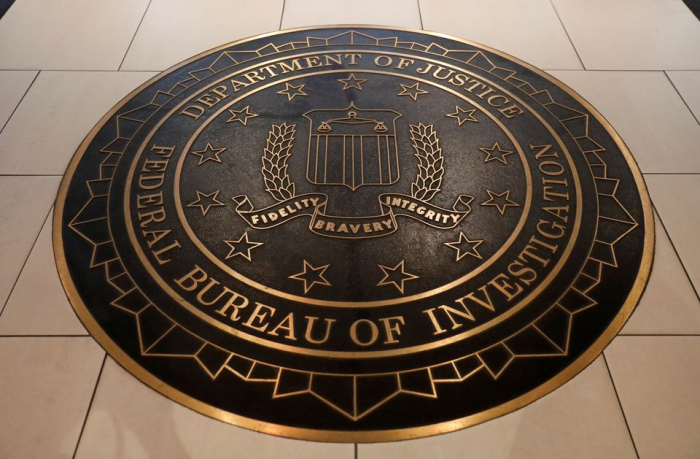Senior U.S. government officials warned on Tuesday of serious national security risks if a key surveillance program set to expire this year isn't renewed, but declined to share specifics of cases in which it had been useful.
Enacted in 2008, the Section 702 statute of the Foreign Intelligence Surveillance Act (FISA) allows U.S. agencies to conduct warrantless searches of information of non-Americans living outside the United States, which includes communications carried out via U.S. telecom or email providers.
That database is critical to countering threats against the United States, according to the Federal Bureau of Investigation (FBI). But the agency has misused the program to spy on Americans numerous times, because the program also allows access to information of Americans in communication with foreigners.
A court order unsealed last month showed the FBI had improperly searched the database for Americans’ information more than 278,000 times over several years - including for details of people arrested during U.S. protests against police violence.
Ahead of a Senate judiciary committee hearing on the law on Tuesday, three senior U.S. government officials told reporters that searching for Americans' information is often important to warn victims of malicious activity.
They outlined some previously unknown cases in which the law had been useful to U.S. intelligence.
One of them, they said, was the U.S. response to the 2021 hack of the Colonial Pipeline – one of the most serious cyberattacks against the United States, which disrupted fuel supplies to the country's southeast for days.
U.S. intelligence agencies used the 702 database to identify the hackers and recover most of the ransom funds, one senior official said.
Such searches also helped officials defend a U.S. nonprofit and the U.S. transportation hub against separate threats by foreign hacking groups, as well as aided efforts to counter foreign trafficking of narcotics, including fentanyl and methamphetamine, the official added.
The officials declined to share further details on any of those incidents, despite repeated questions by reporters.
More about:
















































